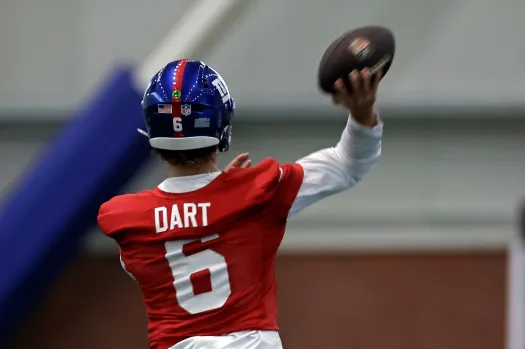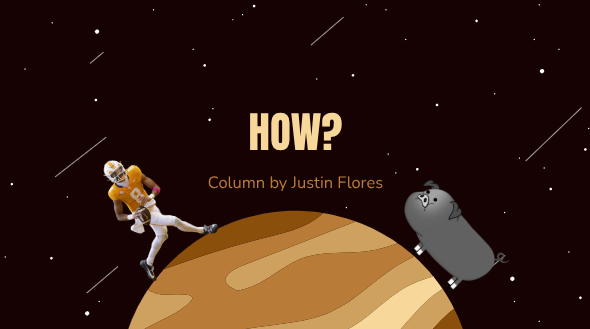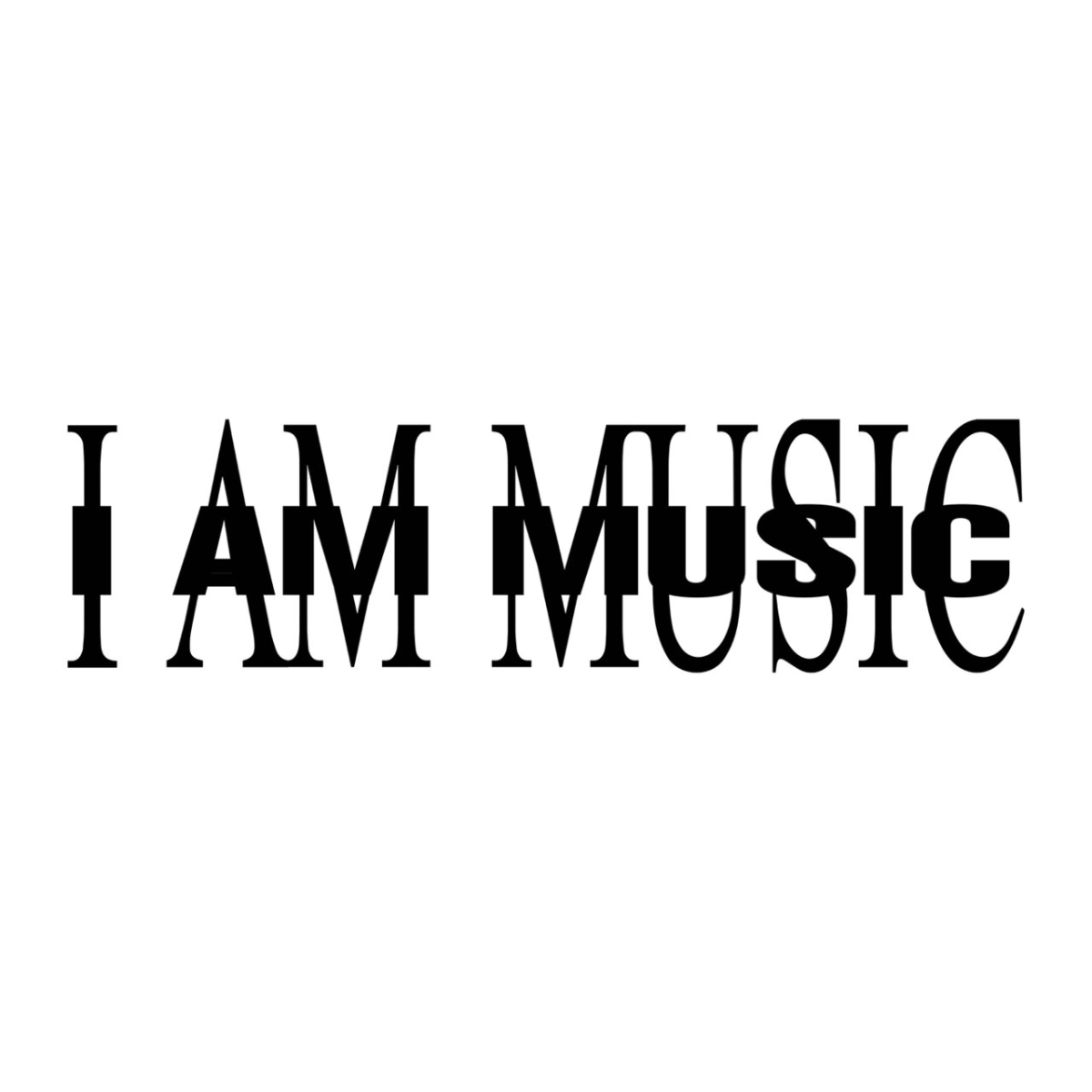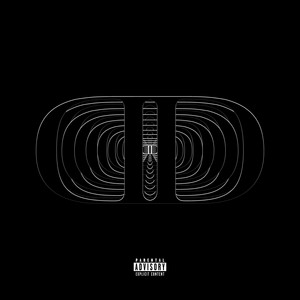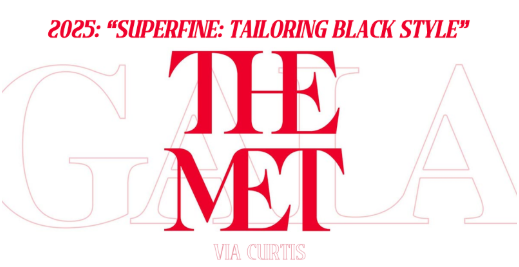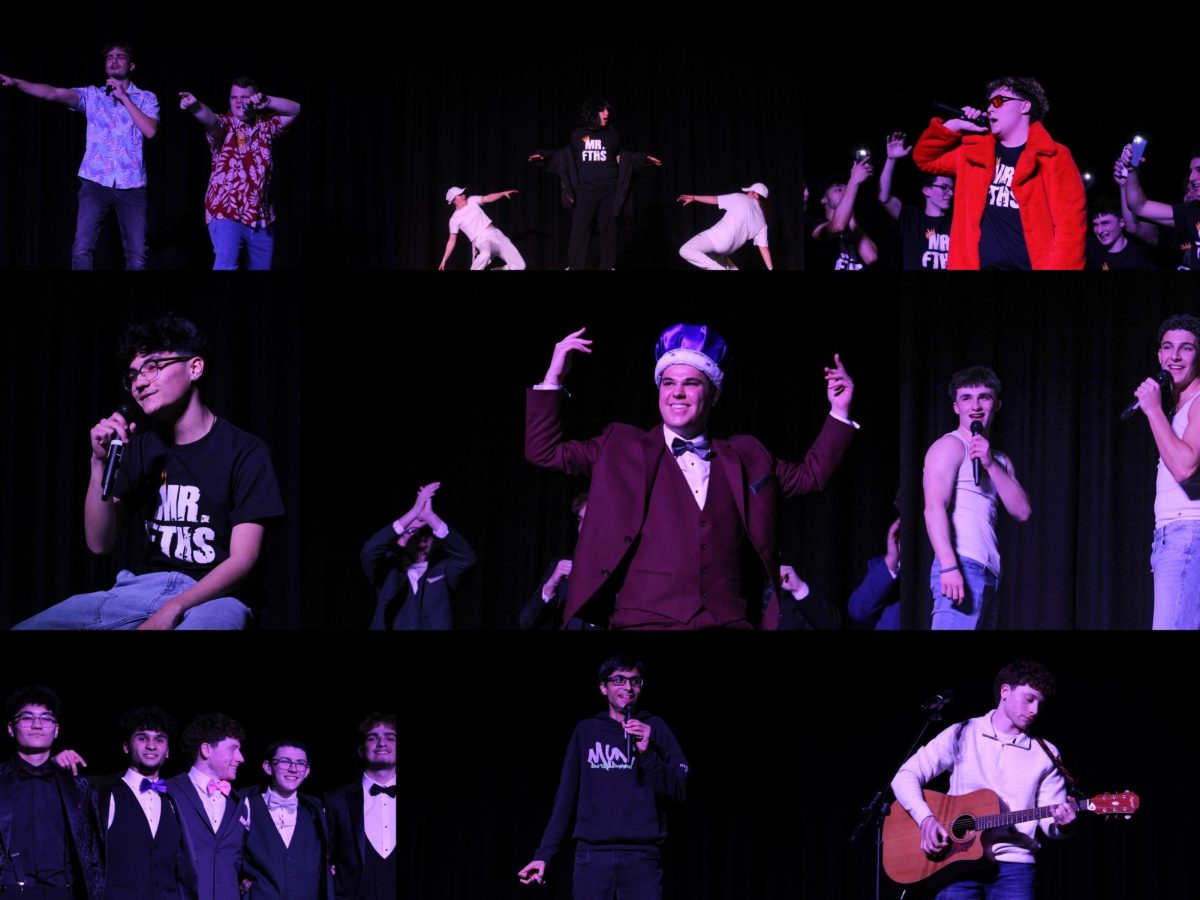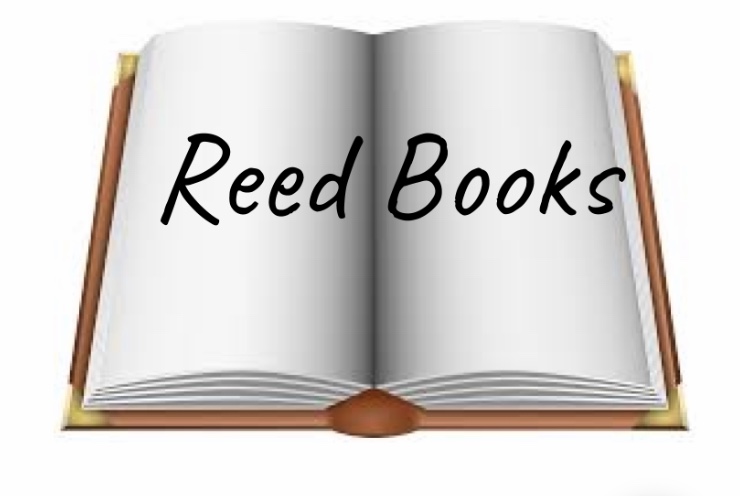Reed Books: The Catcher in the Rye
October 23, 2019
The Catcher in the Rye by J.D. Salinger is often regarded as one of the “classics” – an untouchable book of profoundness and depth. As almost every high school student has or will read this novel, it is one of the most well-known books of all time, and is commonly studied and analyzed.
But honestly? It’s a two out of five at best.
Look. I get it. Holden Caulfield called out to all the other whiny and bitter rich teens, touching their souls with his dramatics and self-righteous behavior. For literally everyone else, however, reading the novel results in one giant eye roll.
Critics claim that Catcher “transformed” literature by using second-person writing and is one of the main novels that incorporates the use of an unreliable narrator. It’s not that the novel doesn’t do those things – it does, and to Salinger’s credit, does them quite well. But popularizing a trope or successfully using a literary device does not necessarily make a book good. If I were to sit you down and ask you to actually discuss the plot of The Catcher in the Rye, the conversation would be a short one. “Some random kid who thinks he’s better than everyone else flunks school, walks around New York City (where he lives) for an afternoon or two, and complains about other people while being rude to them.” That’s not a story. That’s small talk you make to a stranger at a bus stop.
It’s not that this plot couldn’t transform into a real story if it was used correctly – if there was actually any hint of a character arc, or antagonist, or logical sequence of events, I’m sure the novel would be quite interesting. However, it is pretty clear to the readers that Salinger was making up the plot points as he went. One storyline would naturally close, and suddenly Holden would be calling some character we’d never met to meet him somewhere just for the sake of a longer book.
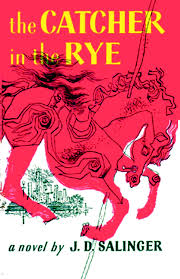
Here’s the thing: I don’t dislike Catcher because Holden is a whiny brat. It certainly adds to my distaste, sure, but there are real people in the world with Holden’s attitude. He thinks he’s some lonely, tortured artist because he had a deep thought once. Among 16 year olds, that’s a pretty common mindset. What frustrates me and the readers is that his annoying attitude and self-isolating temperament never actually gets him into trouble. He leaves school because he fails his classes, not because he’s rude to everyone. Maurice the pimp steals from him because of a miscommunication, not because he thinks he’s the best person in the world. Sally Hayes tells him she loves him, and even after he calls her a “royal pain in the ass”, she is kind over the phone and tells him he can still come and trim her Christmas tree. His siblings, particularly Phoebe, adore him, and most of his past teachers are entranced by Holden, even if he flunked their class.
Realistically, this narcissistic way of thinking would land Holden in heaps of trouble, and he likely would not have as many friends as he does. It is made obvious that Salinger is not writing Holden’s character like this to make a point about juvenile ideas, or to create realistic people and scenarios. He is writing Holden like this to validate himself and others who relate to this toxicity.
Overall, The Catcher in the Rye is an overhyped, bitter way to validate a small percent of the teenage population. Had there been stronger character arcs (and maybe an actual plot to follow), the use of Holden’s attitude could have served as an interesting and pointed take on teenage mindsets. Instead, it falls flat, and serves no purpose other than annoying the readers, making this novel another book on the shelf, never to be opened again past sophomore year of high school.











